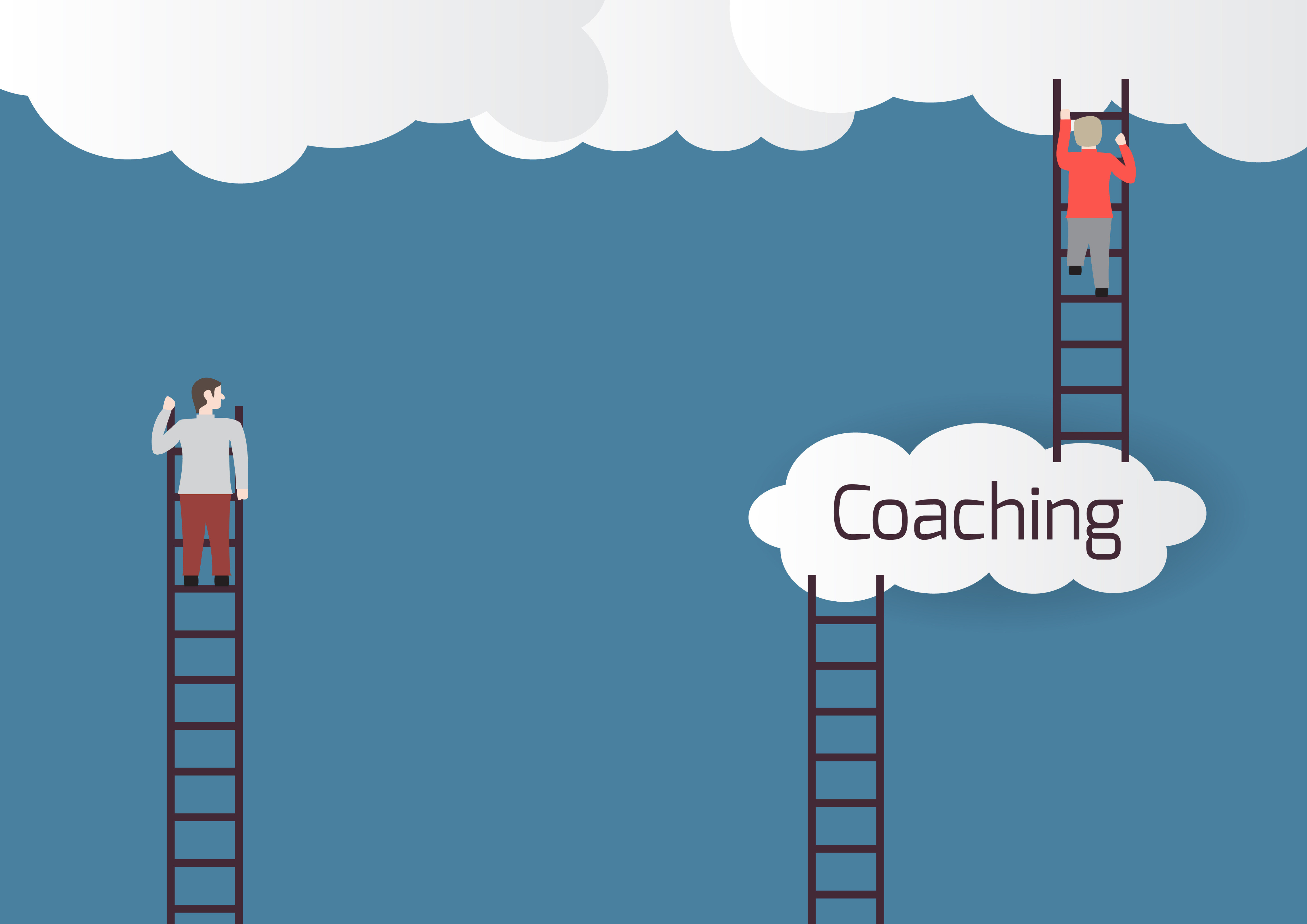Why Do You Need a Coach?
If you are a frontline fundraiser, you need a coach. It’s doesn’t matter if you are brand new to the profession or you have over 20 years of...

Our culture celebrates self-reliance. We have this admiration for the “self-made…fill in the blank.” The problem is that while we have bought into it, it’s a myth. No one I’ve ever met is a self-made anything.
Yet, for some reason we’re all supposed to aspire to it.
Now, you may not call it a coach, perhaps a mentor or a teacher or maybe a really good friend. But I can say with certainty that I’m only in the position I am today because I had people around me who spoke truth into my life.
Ever since I was in high school, I’ve sought out other people in my life to provide advice, guidance, and tell me the truth as I journeyed through college, early career choices, and major life decisions. And I continue to do it today.
One of those people was Richard. When we first started working together, Richard was 50 and I was 32. He had been through quite a bit in his life, and I wanted to learn from his mistakes and successes. This started a life-long friendship that is still going today. Fortunately for me, Richard was someone who wanted to mentor younger people who had a desire to learn.
Over time, our relationship turned into a mentorship-friendship, then into a real friendship, and then we became co-owners of Veritus Group. Today, I still seek his advice about owning a business, and he’s still speaking truth into my life… even when I don’t want to hear it.
Why am I telling you this?
Whether that’s a formal or informal situation, you will need help in some way. Depending on your needs and goals at a given moment, you may need guidance in the technical aspects of fundraising, or you may need someone who can provide accountability. Having a good coach can help guide your growth in all areas of this profession.
This was the brilliance Richard had many years ago when he started working with non-profits on major gifts. He realized that besides having a structure for frontline fundraisers to work within, the most important aspect that would bring success was providing a coach for each fundraiser. What he saw with most frontline fundraisers is that they had no consistent management. They were basically left on their own to raise a bunch of money.
Having led a sales team in a previous life, he knew that it wouldn’t matter how great a plan or structure you had. Without consistent accountability, focus, and strategic thinking (all of which a good manager or coach would provide), the fundraiser would not be successful.
This is why every frontline fundraiser we work with meets with their Veritus coach regularly to get guidance, encouragement, and keep them accountable to working their plan. And this coaching, more often than not, leads to growth outside just the technical work of fundraising.
Why? Because work and life can’t be disconnected. Especially when your work involves changing the world.
I could tell you story after story from our Client Experience Leaders of how their coaching and encouragement got their fundraiser through a tough time in their life. They’ve helped people to carry on building relationships with donors, inspired them to not to give up on the profession, and encouraged them to keep a positive attitude in times of turmoil.
No one can do this work alone. Bringing someone with you to coach you through your work and life is the best thing you can do for your growth as a human.
Jeff
PS – If you’d like to learn more about how we come alongside organizations to coach frontline fundraisers and non-profit leaders, I recommend grabbing a few minutes with my colleague Amy Chapman. You can find her schedule here.

If you are a frontline fundraiser, you need a coach. It’s doesn’t matter if you are brand new to the profession or you have over 20 years of...

At Veritus, our team has a Slack channel called “Celebrations.” If I’m ever feeling down, I go in there and it revives my spirit. Why? Because in...

You just had a meeting or phone call with a donor, and it went well. Until you said something that you think landed wrong. The donor didn’t say...